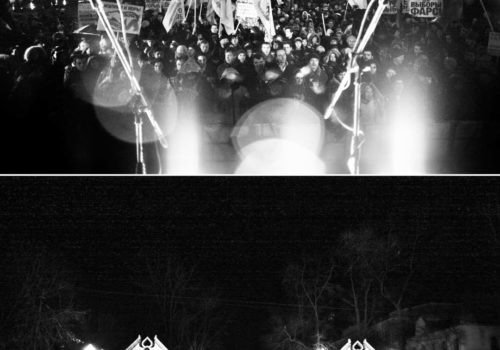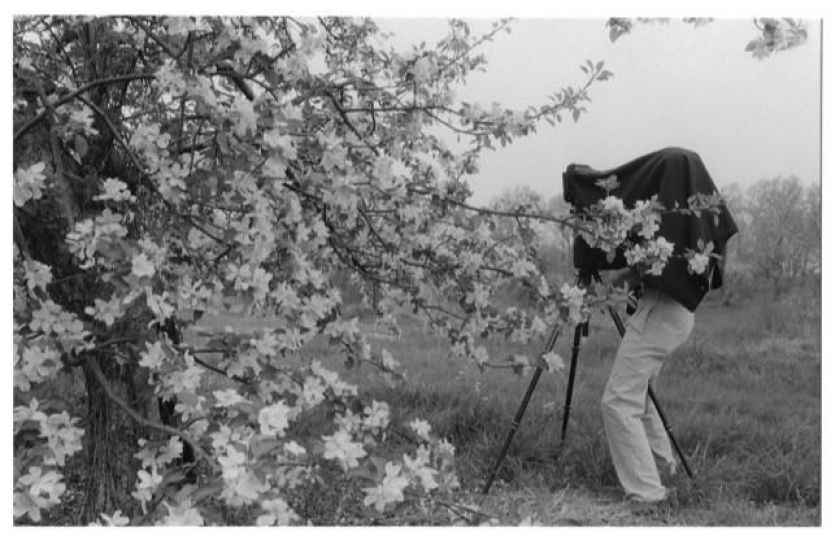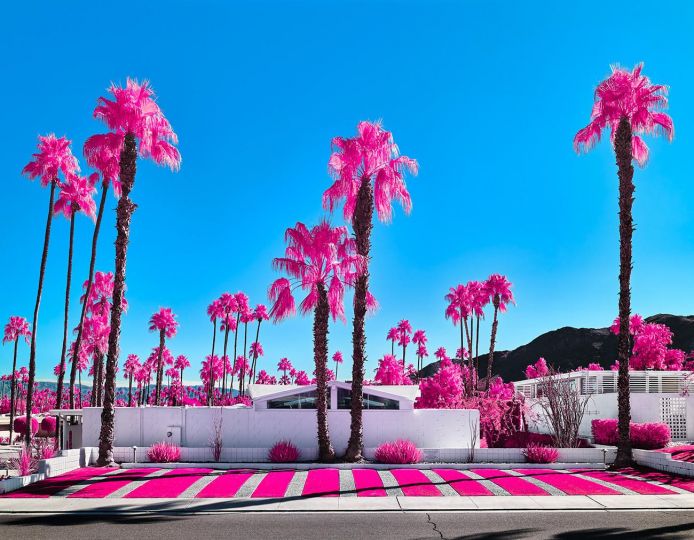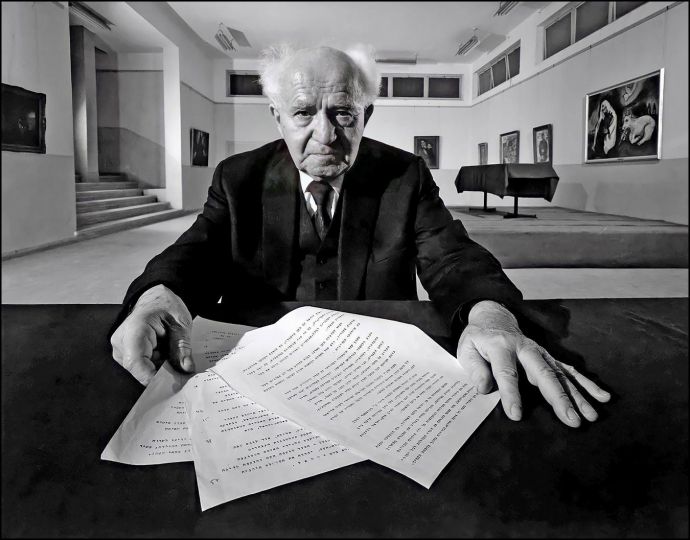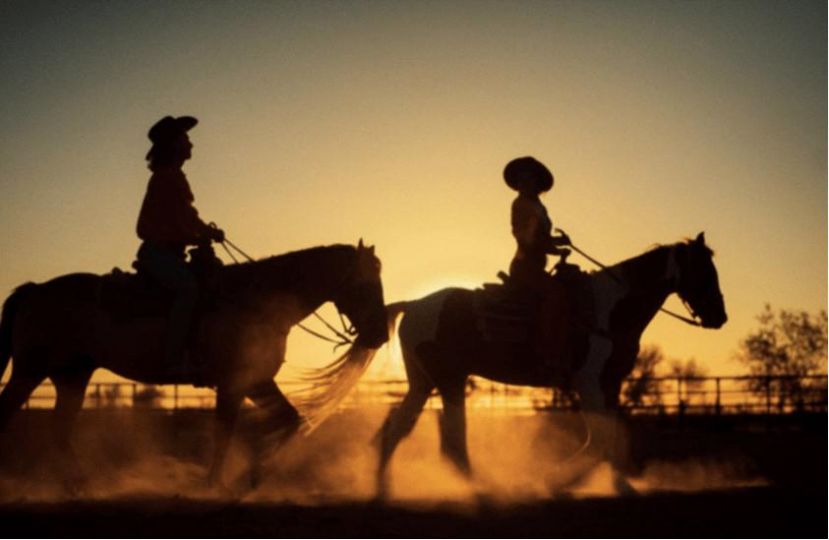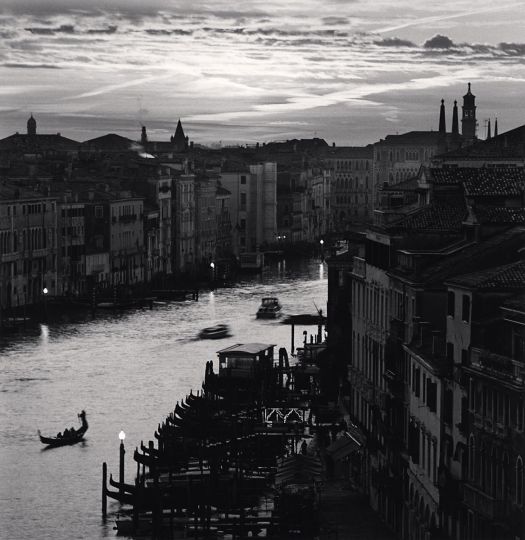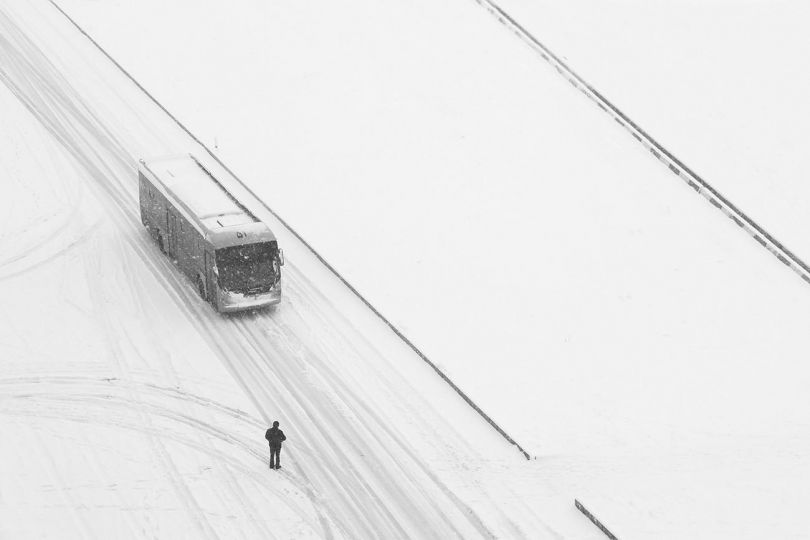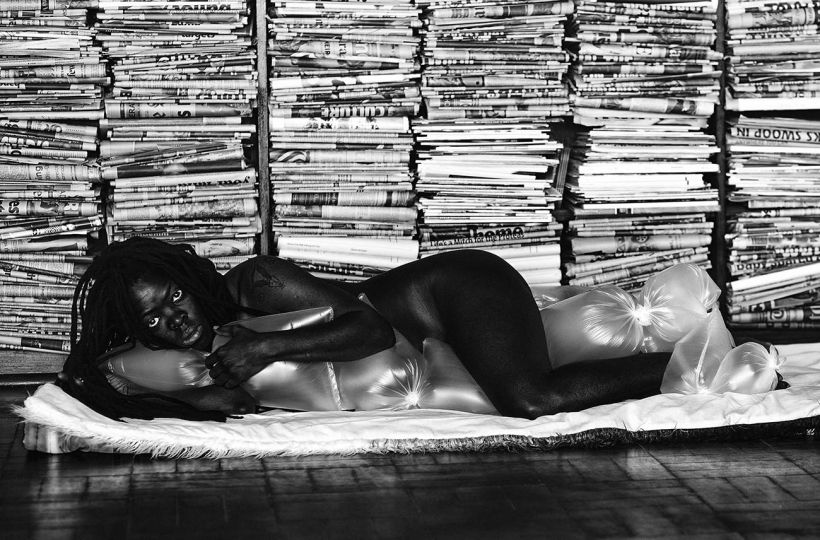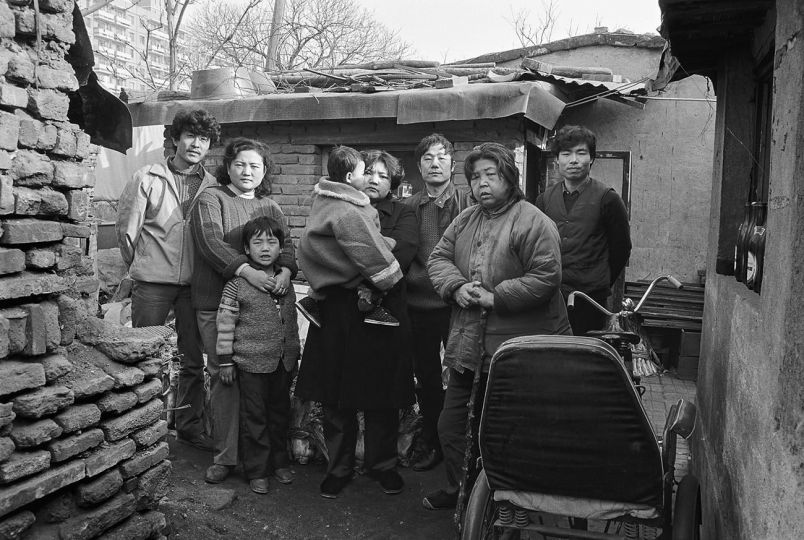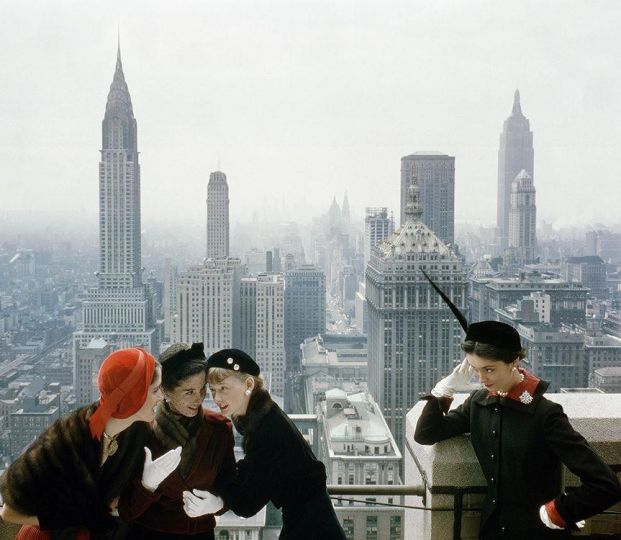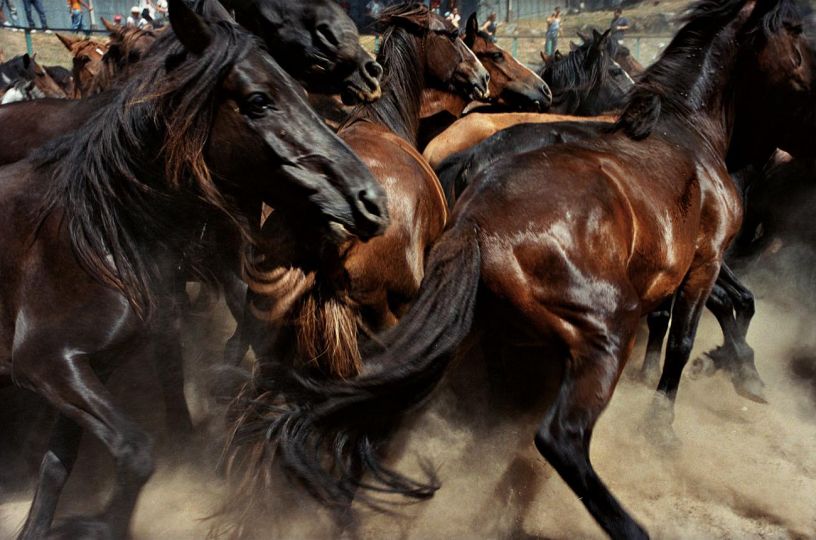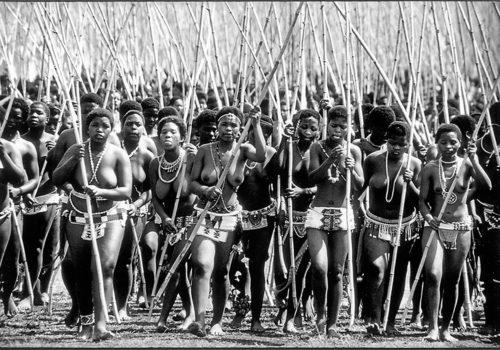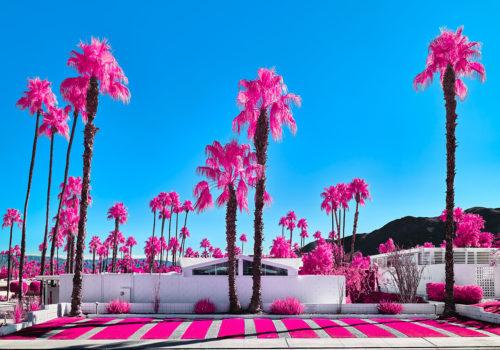Memory and place have always been deeply interconnected. The idea that place can hold meaning was central in Pierre Nora’s doctrine of Memory Place. The intersection of memory and place formulates an idea of collective identity. Urban spaces become important and meaningful as people locate memory in them.
In 2011-2012, Russia saw some of the biggest protests since the 1990s. The protesters’ anger focused on Vladimir Putin, who has dominated Russia for a decade: he served as president twice between 2000 and 2008, and immediately thereafter eased himself into the very powerful premiership. In 2012, he returned as Russia’s President for the third time. Hundreds of thousands of Russians took to the street to rally against existing state power, corruption and violation of human rights, and to call for political reforms.
I have been photographing mass protests in Moscow since December 2011. I photographed certain places twice: first, at the moment of protest going on there, and later, at some moment of everyday life. Comparing the two pictures I explore the process of a brief transformation of an ordinary location into a point of political or social focus.
Maria Pleshkova is a Russian documentary photographer. Born in 1986 in Moscow she later studied Photojournalism in Moscow State University and in School of Visual Arts (Moscow). She was chosen as a student for the XXV Eddie Adams Workshop in 2012. In 2012, she received the Gold Prize in the Nature & Environment News Stories category and a Bronze Prize in the Art Culture & Entertainment News Stories category of the China International Press Photo Contest, and also became a laureate of the Young Russian Photographers contest and a finalist of the Inge Morath Award. In 2013, she got honorable mentions in China International Press Photo Contest. Maria’s works were shown in Russia, France and Spain.

